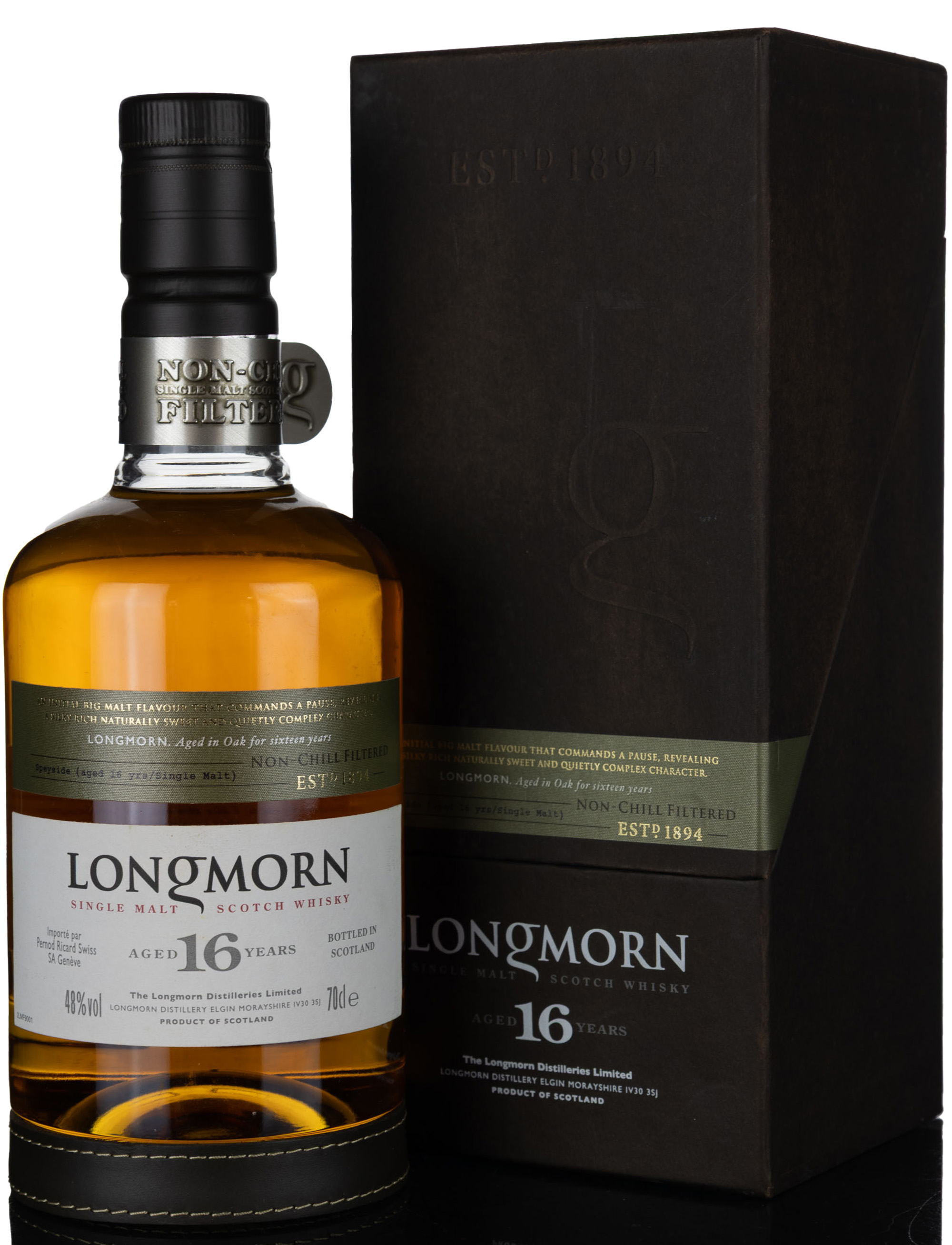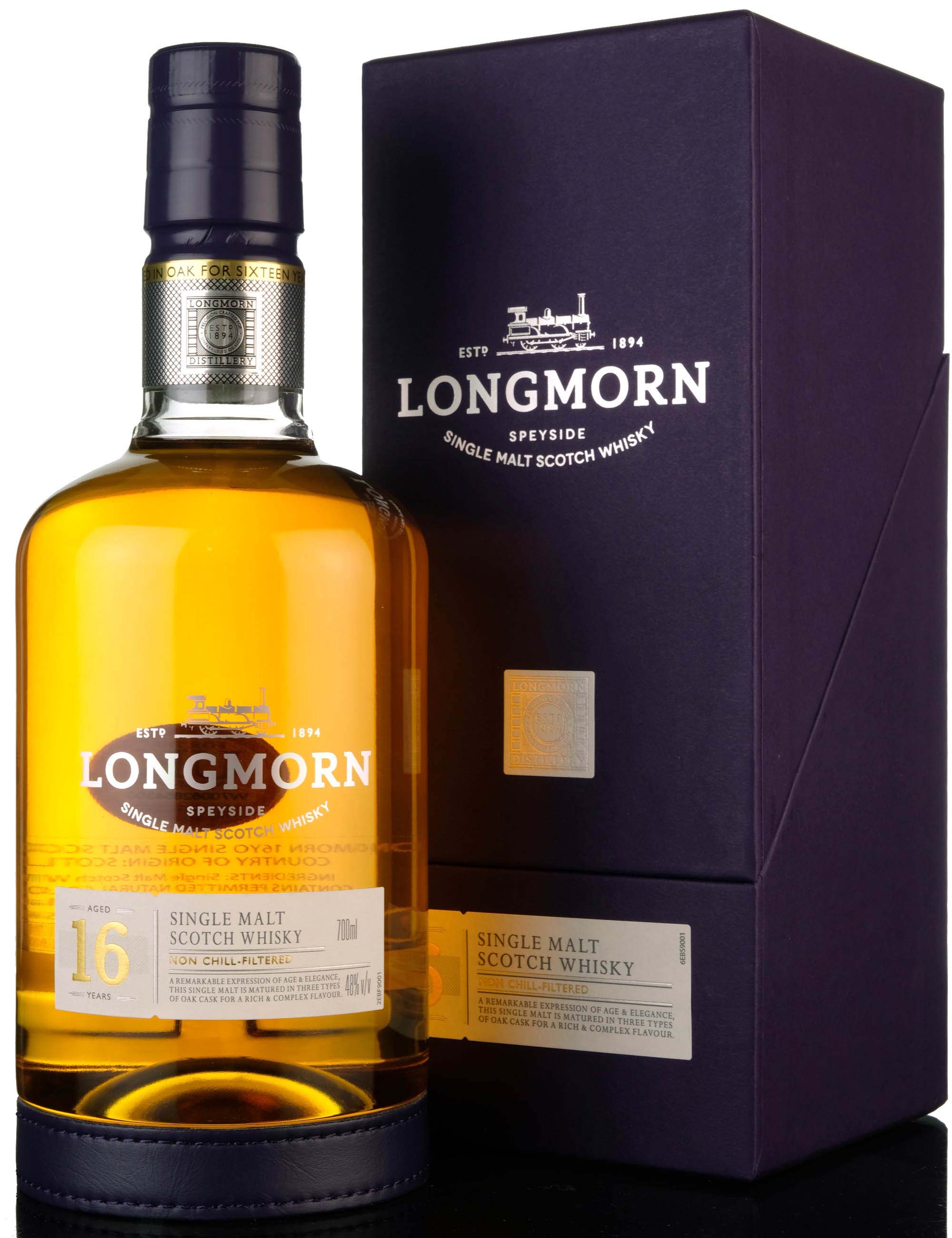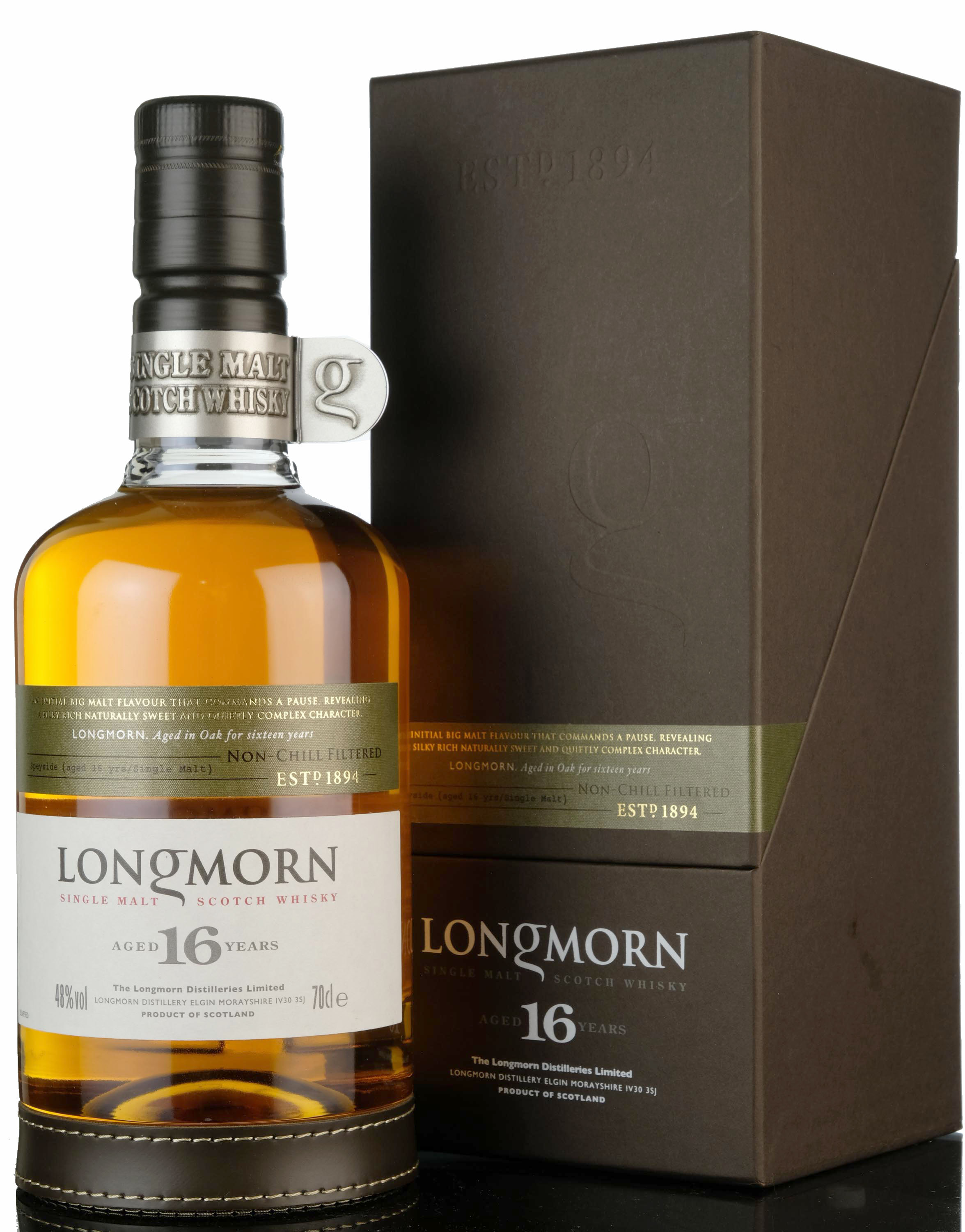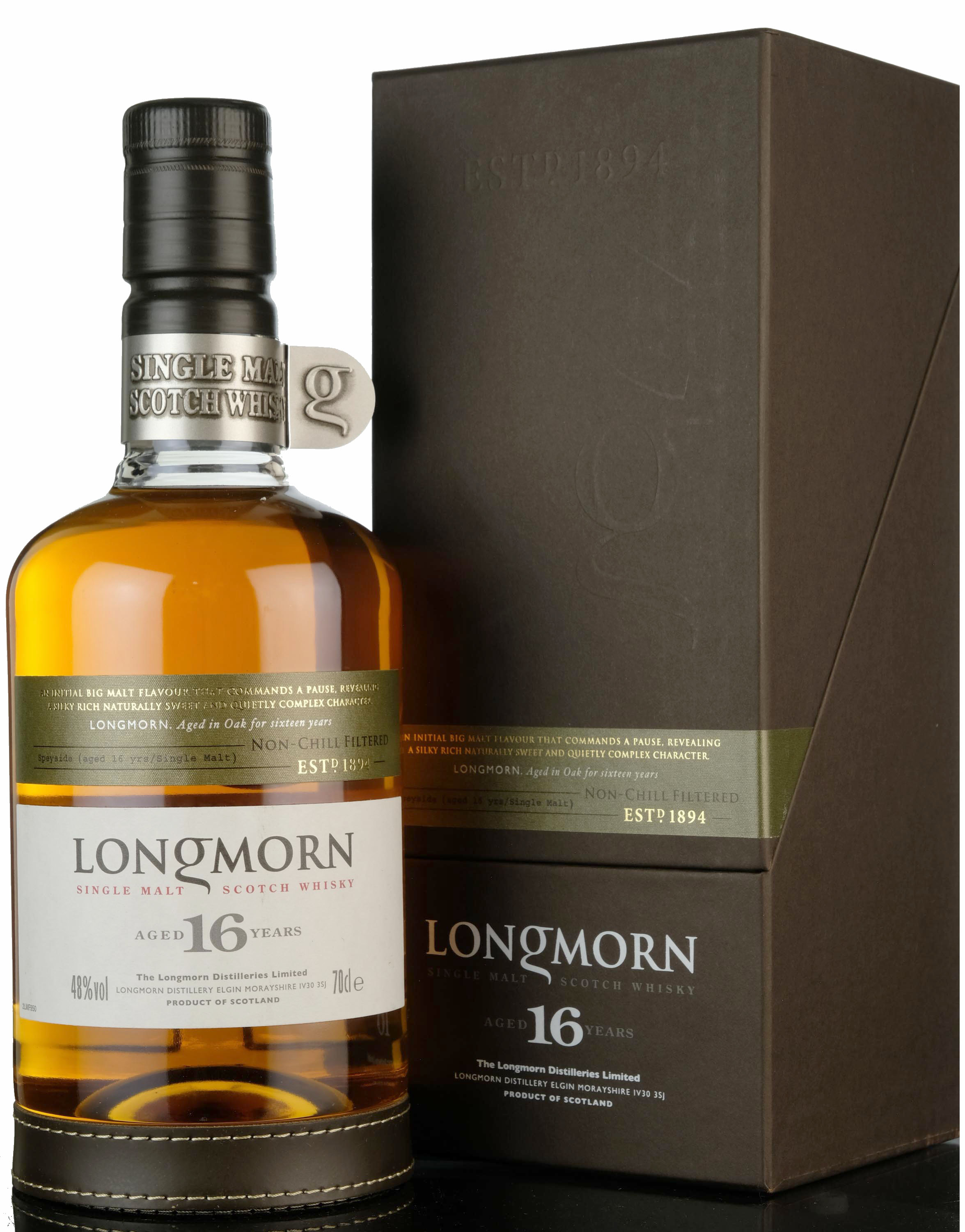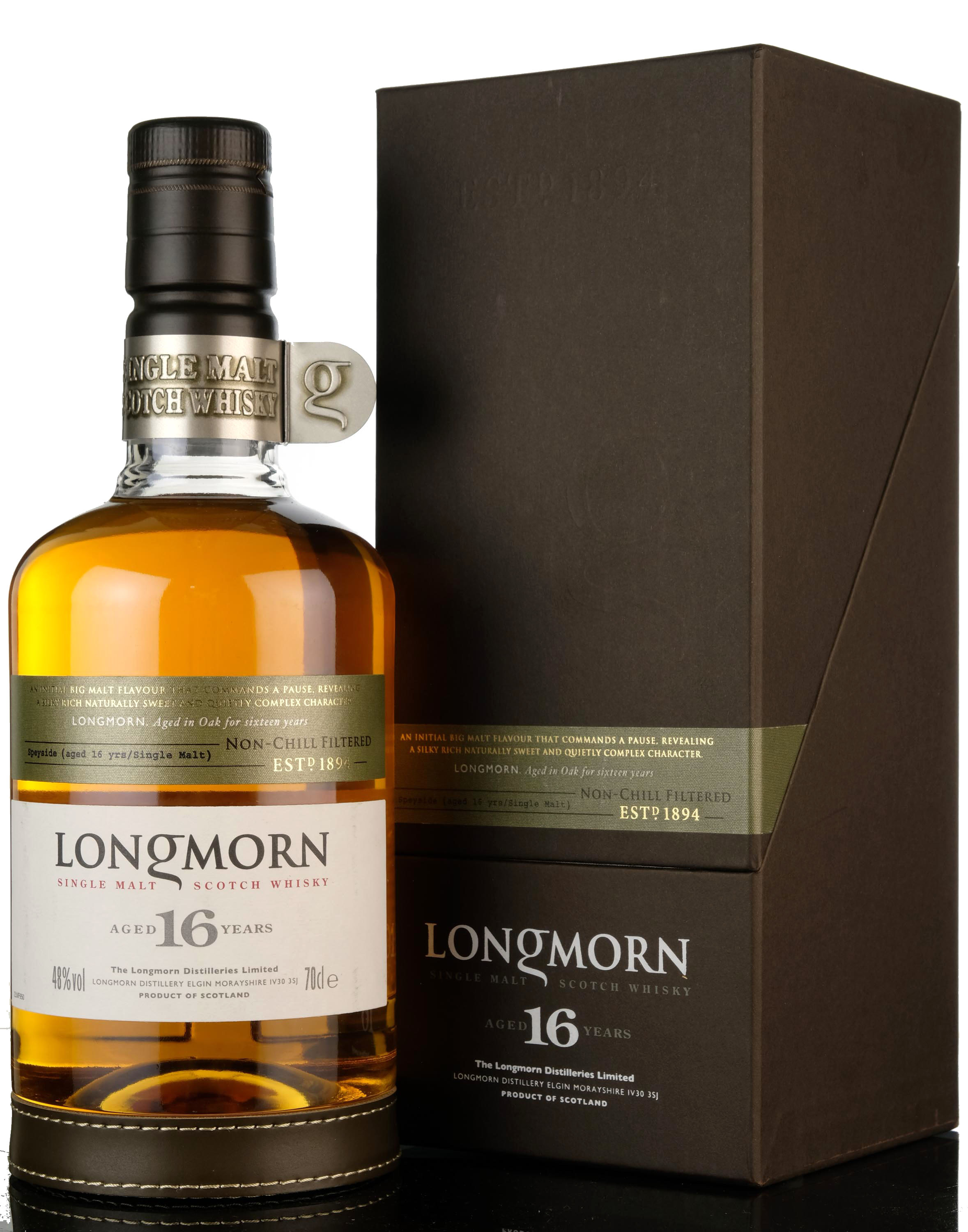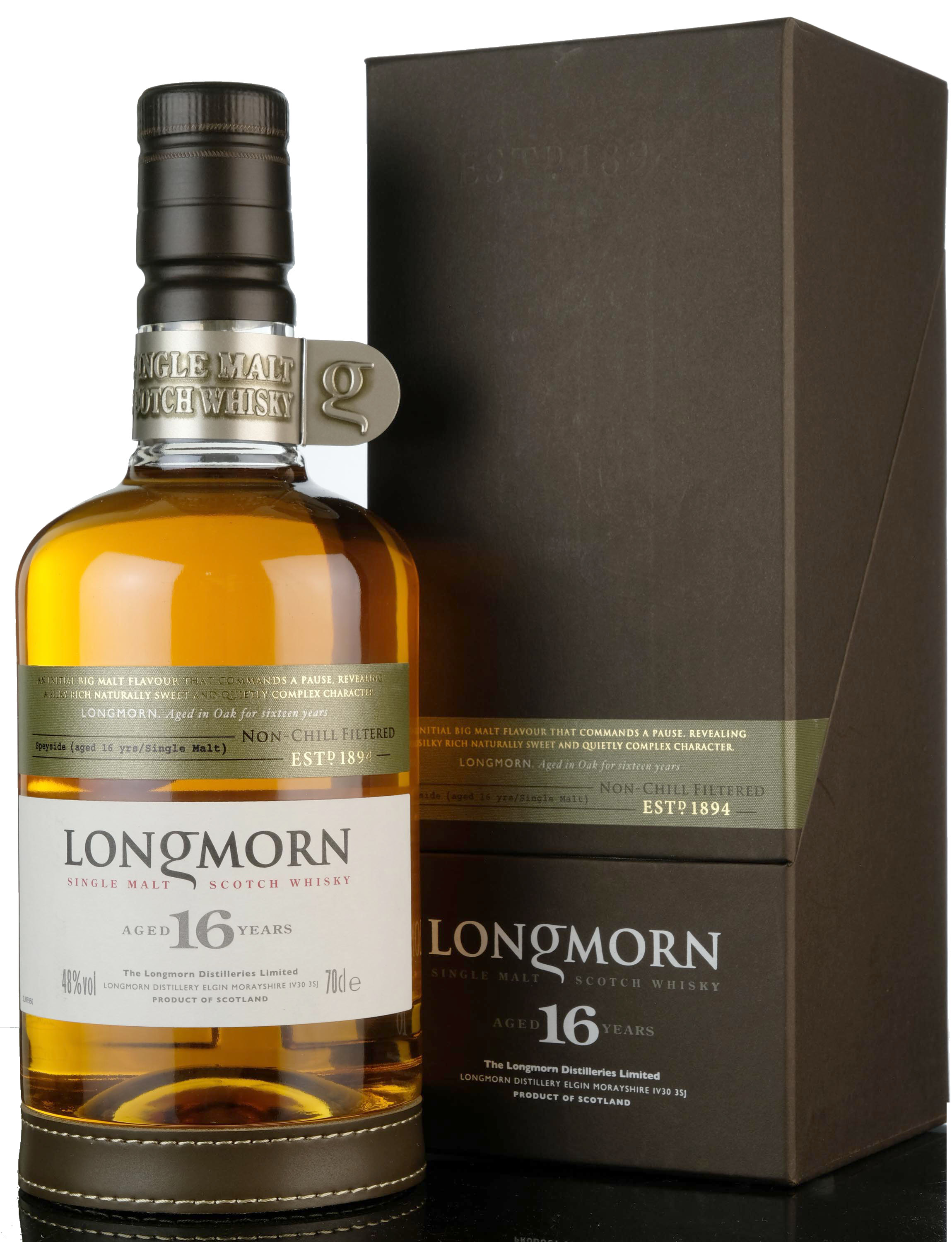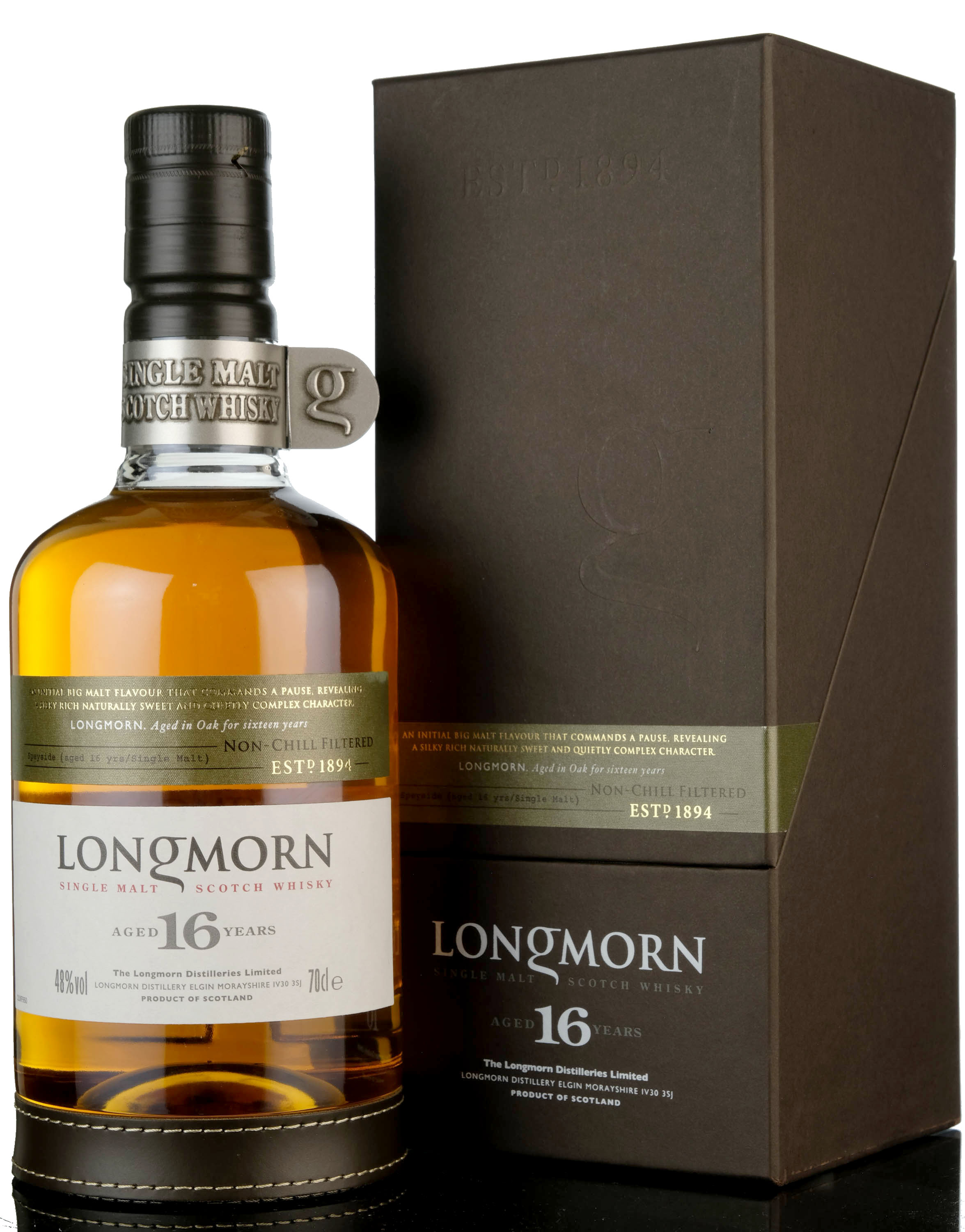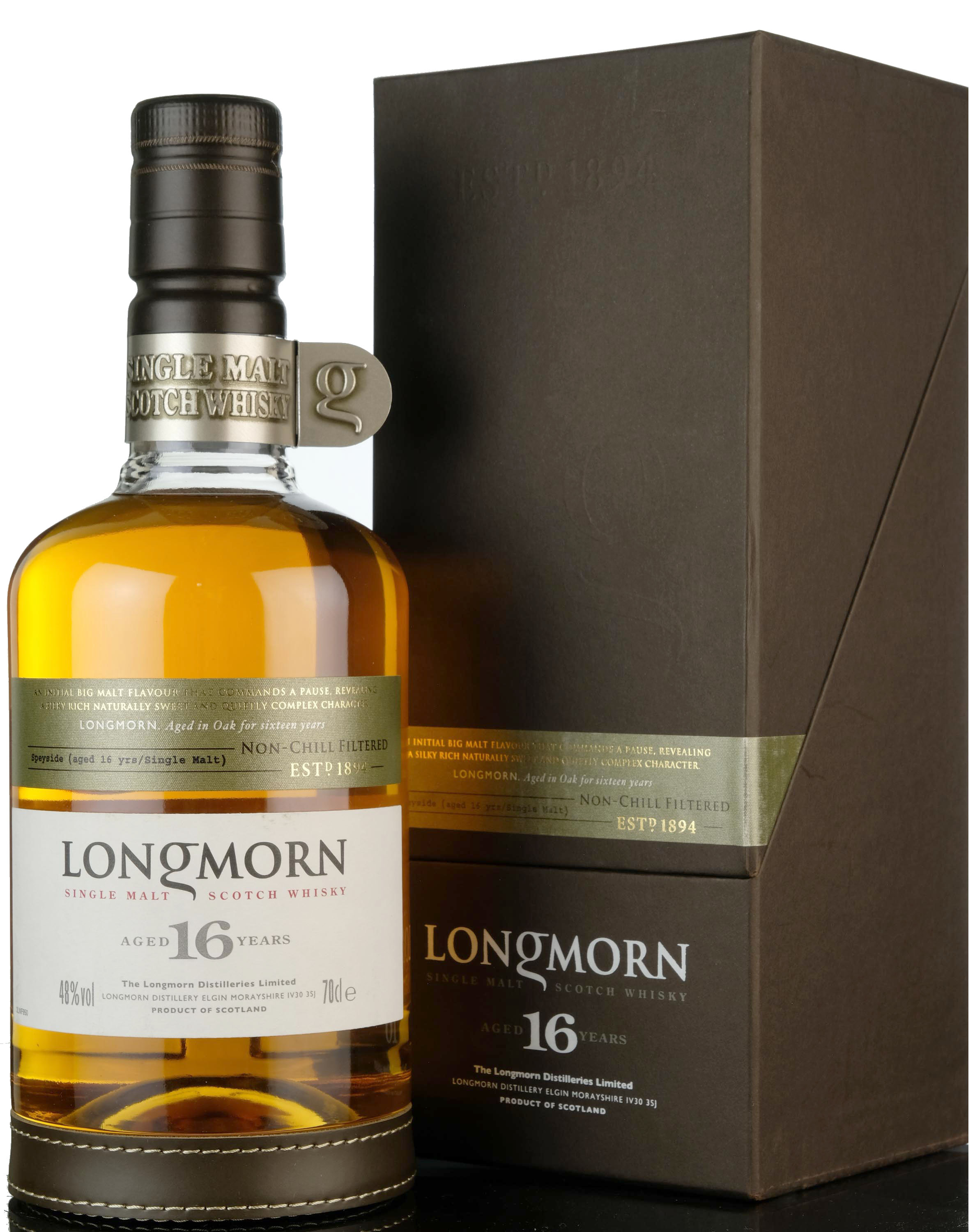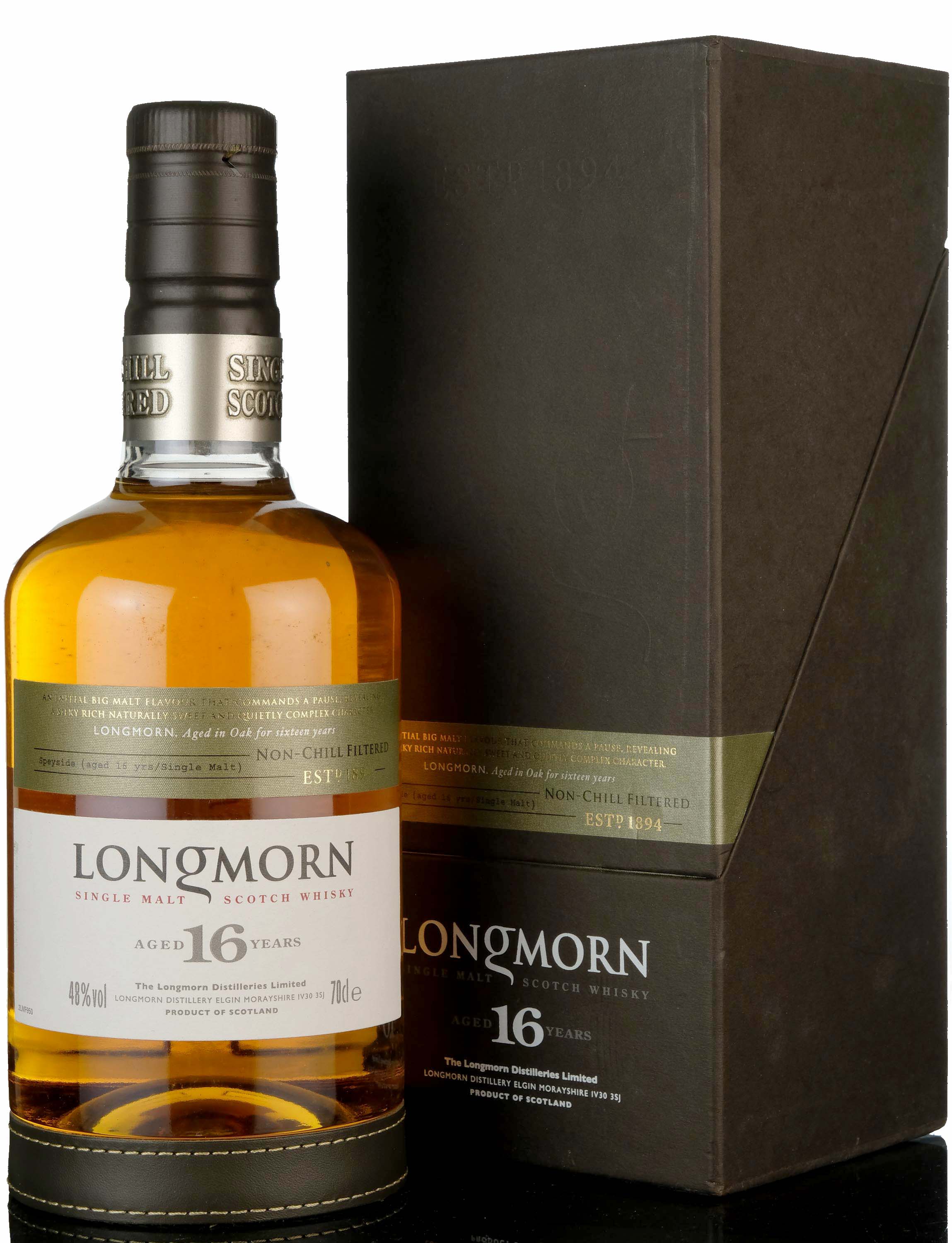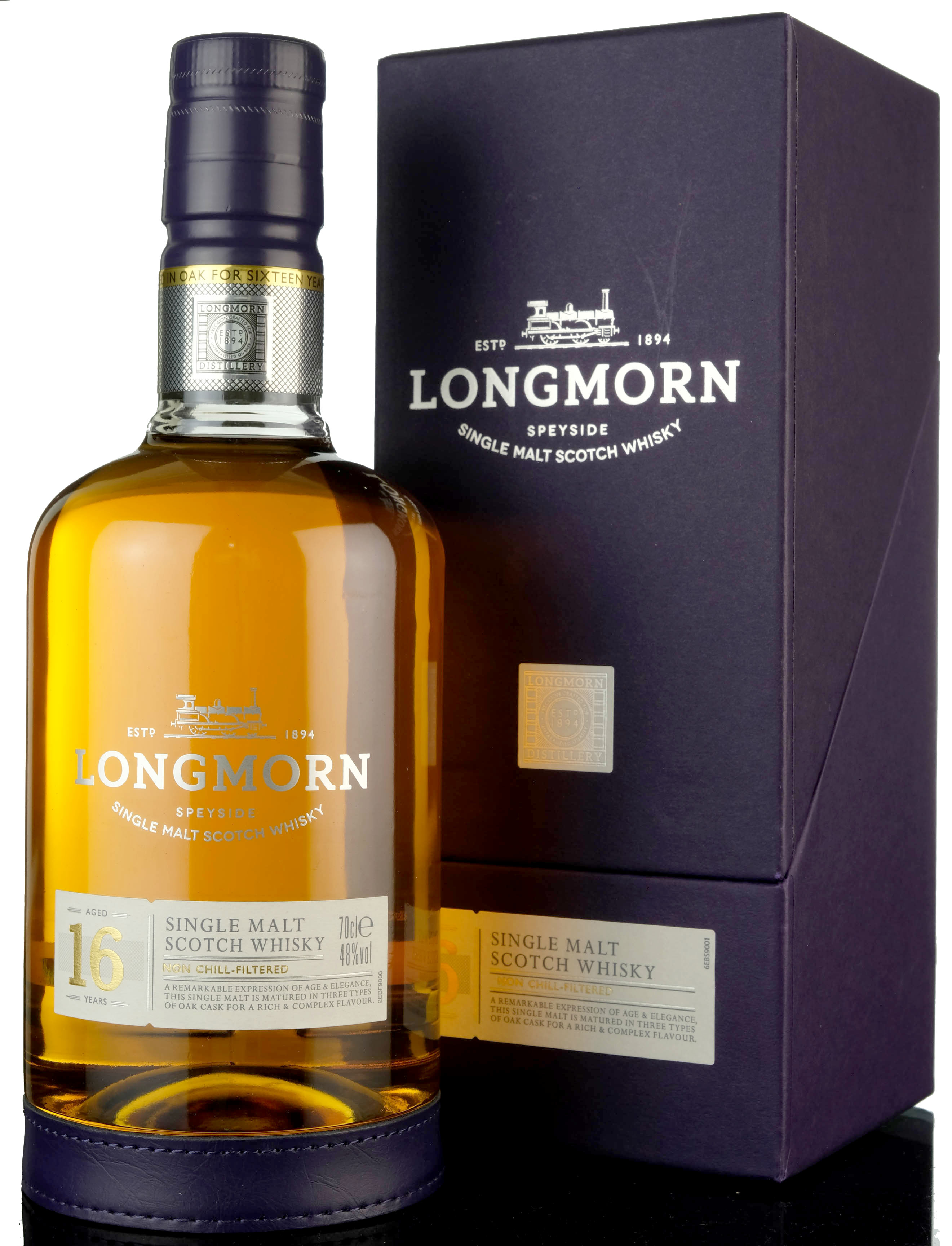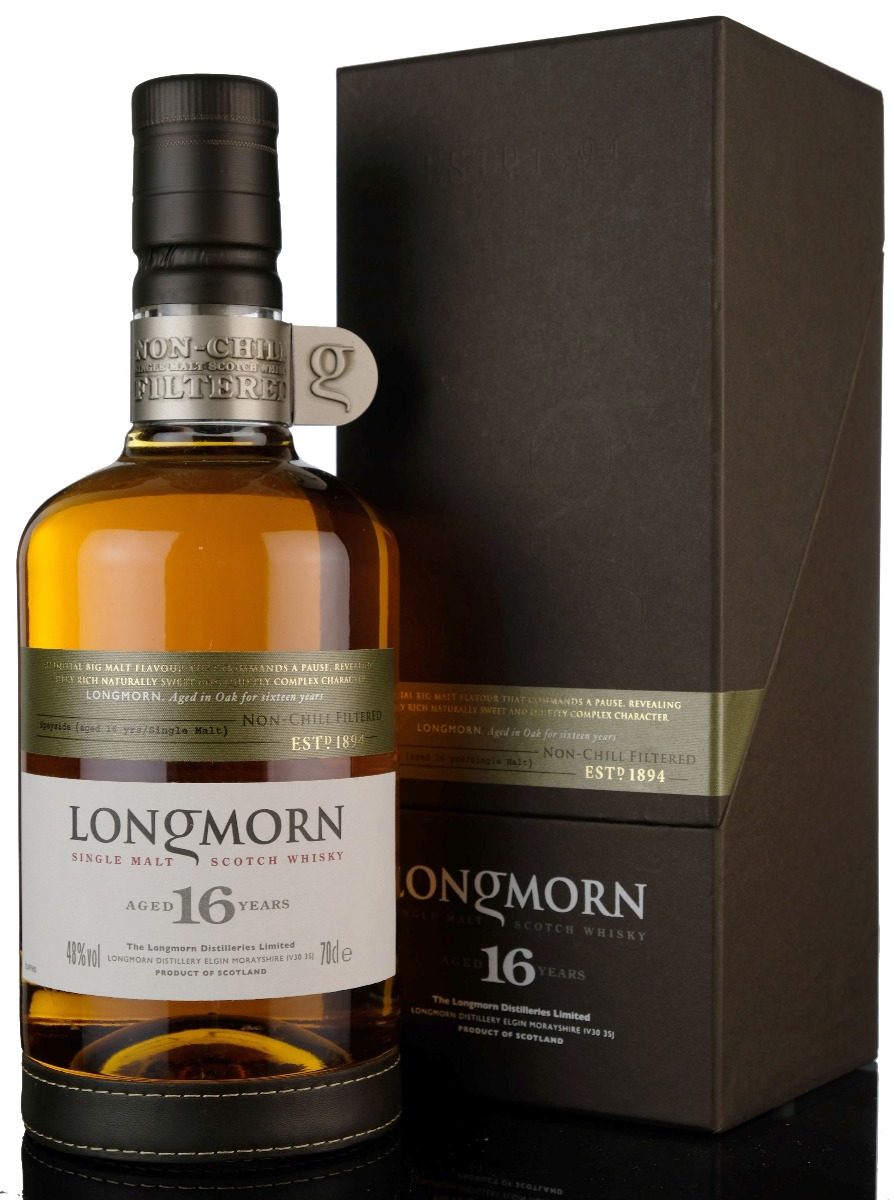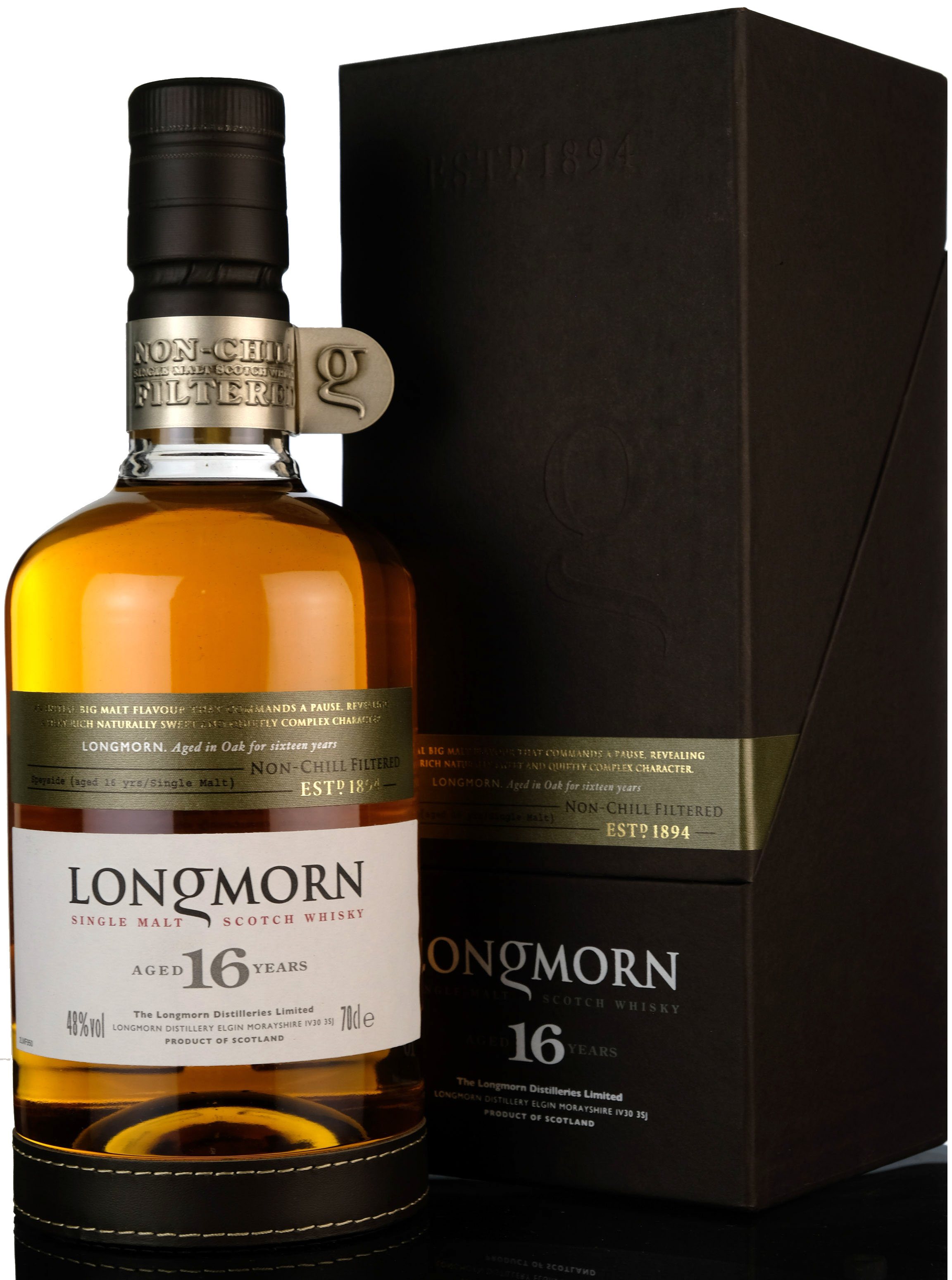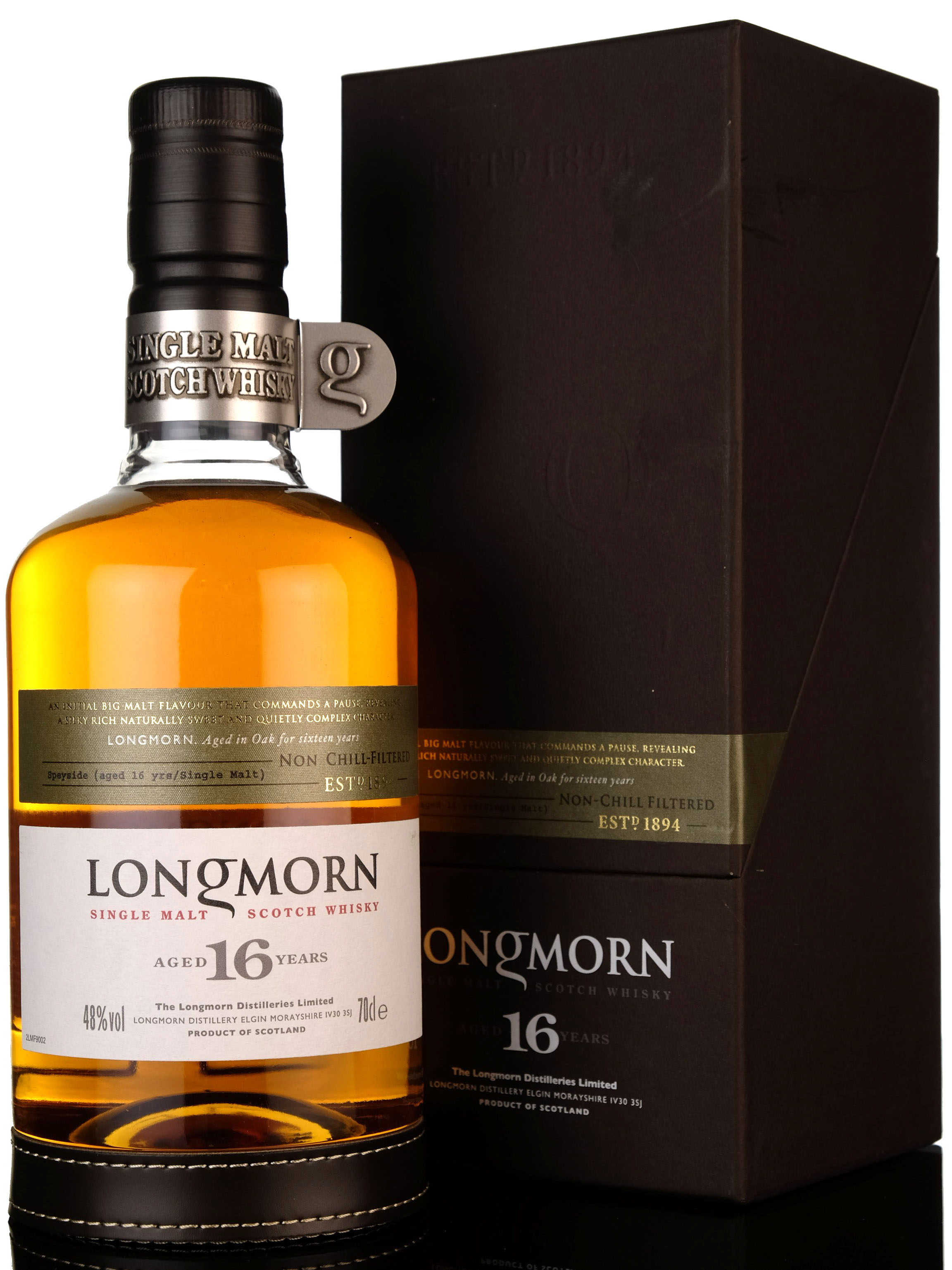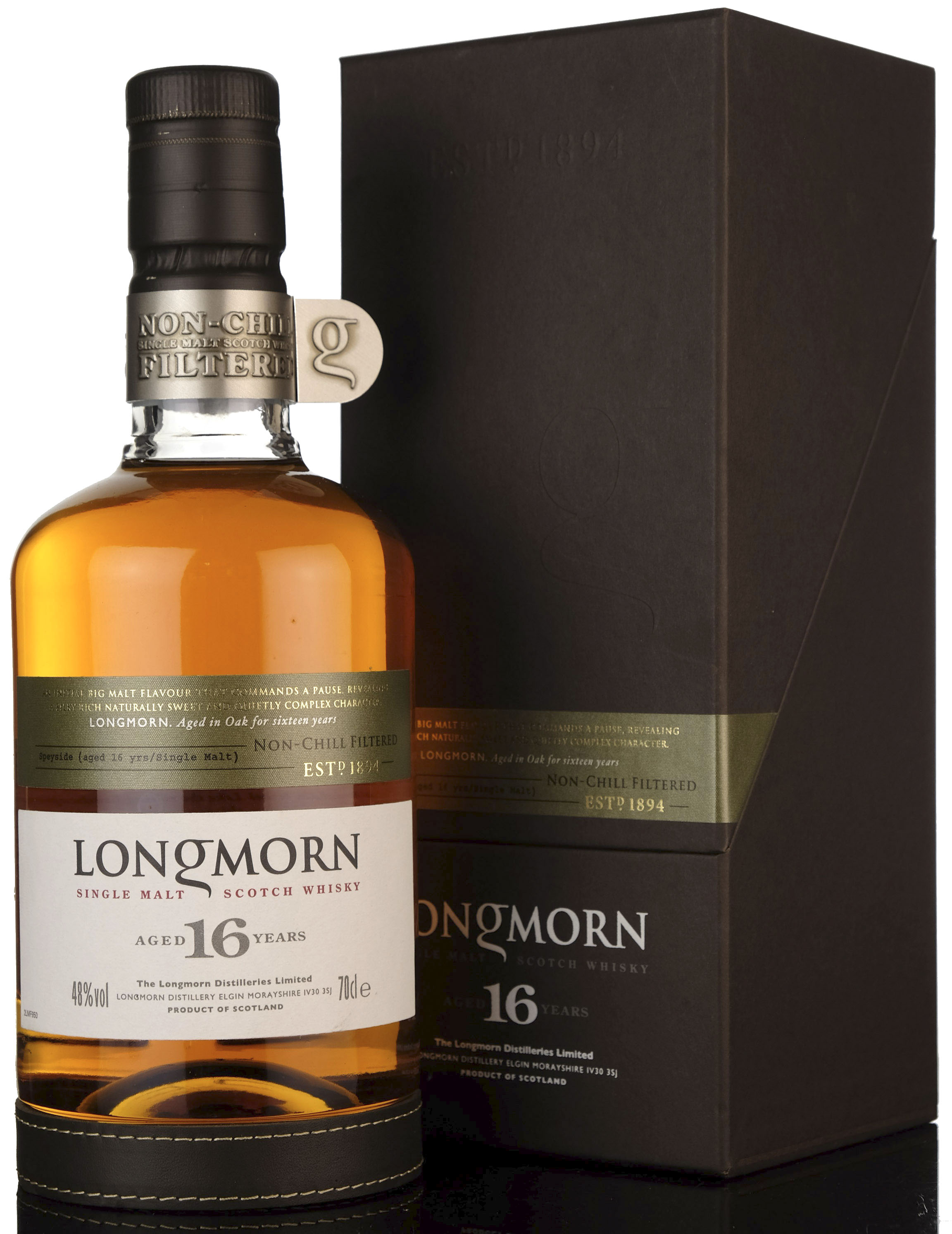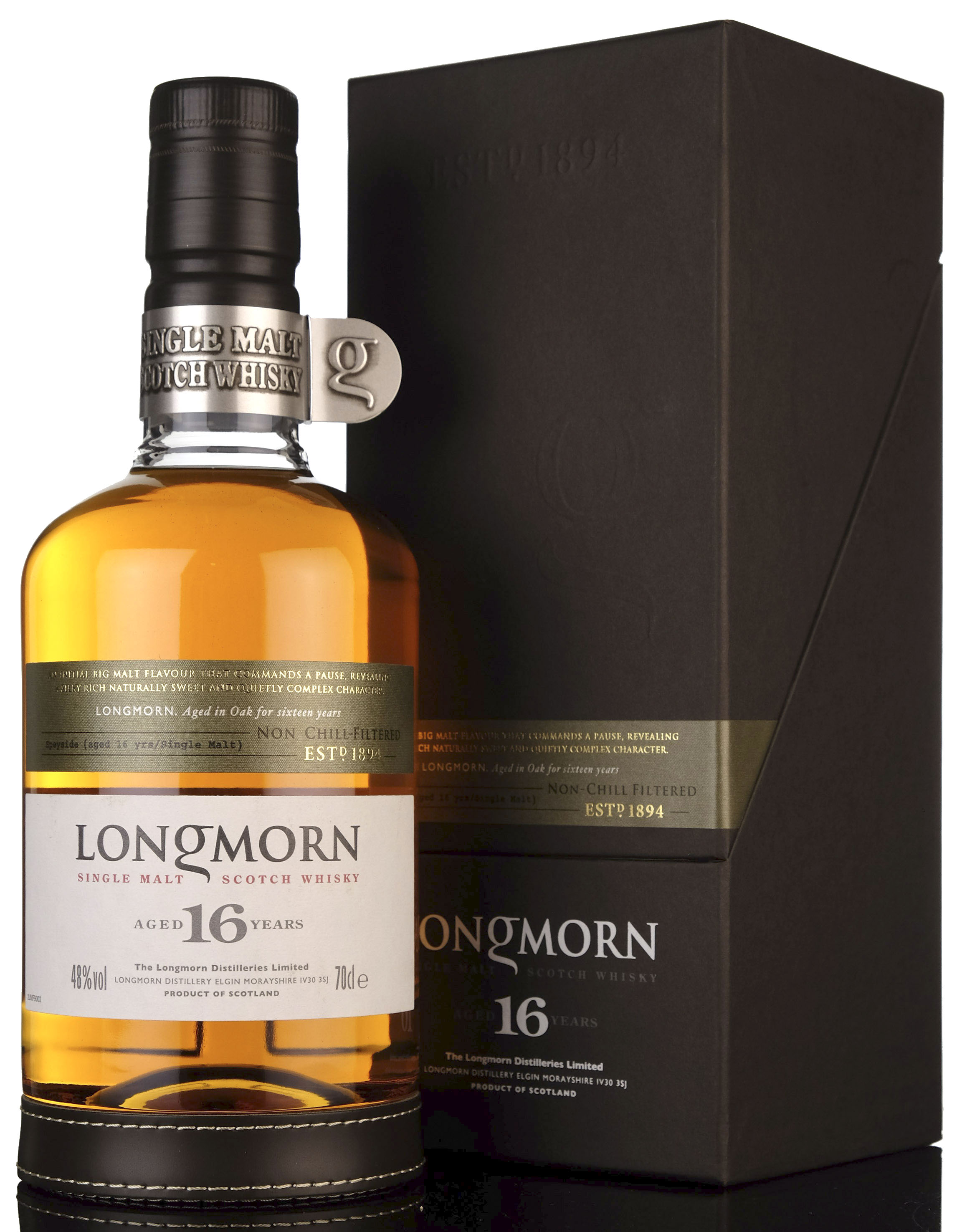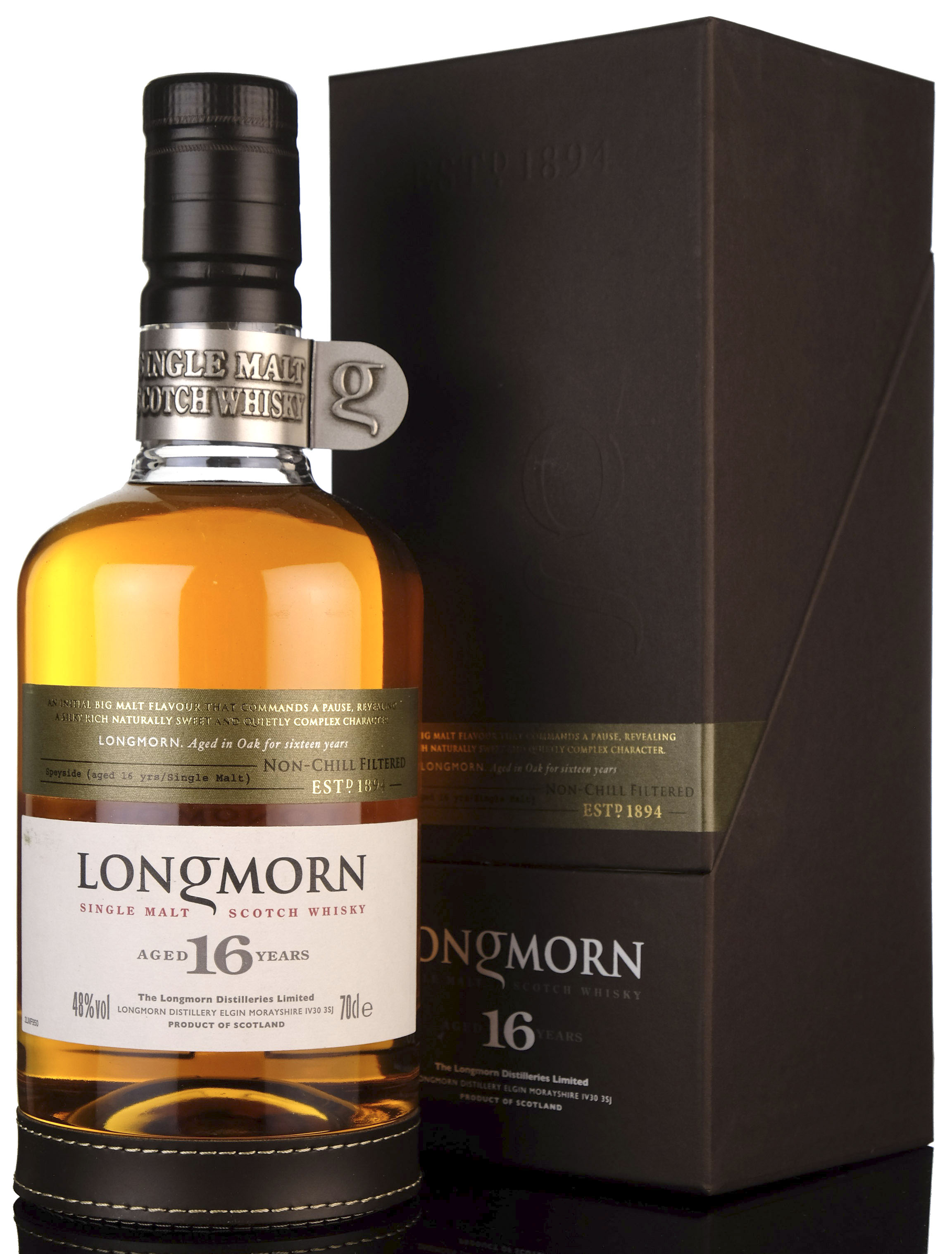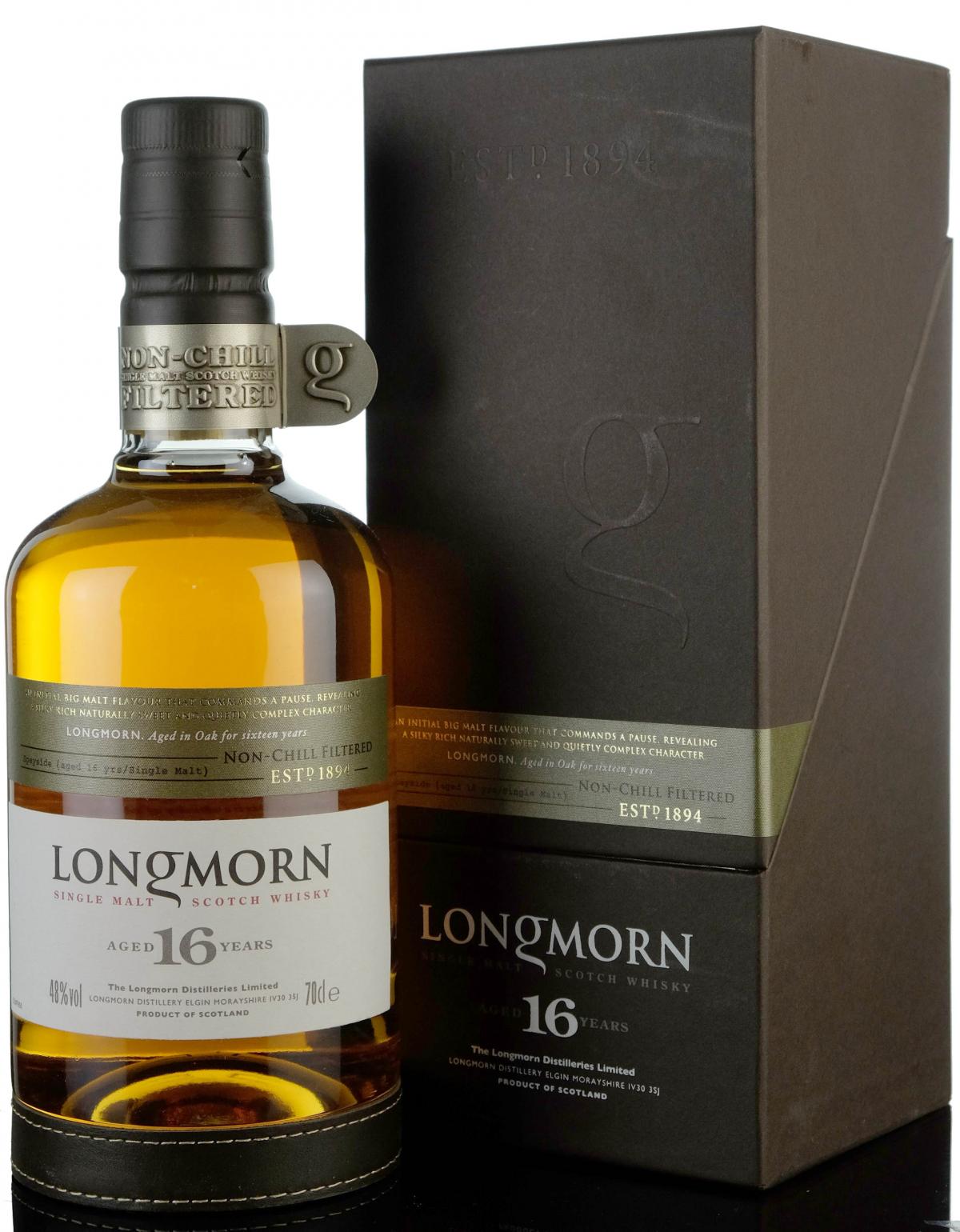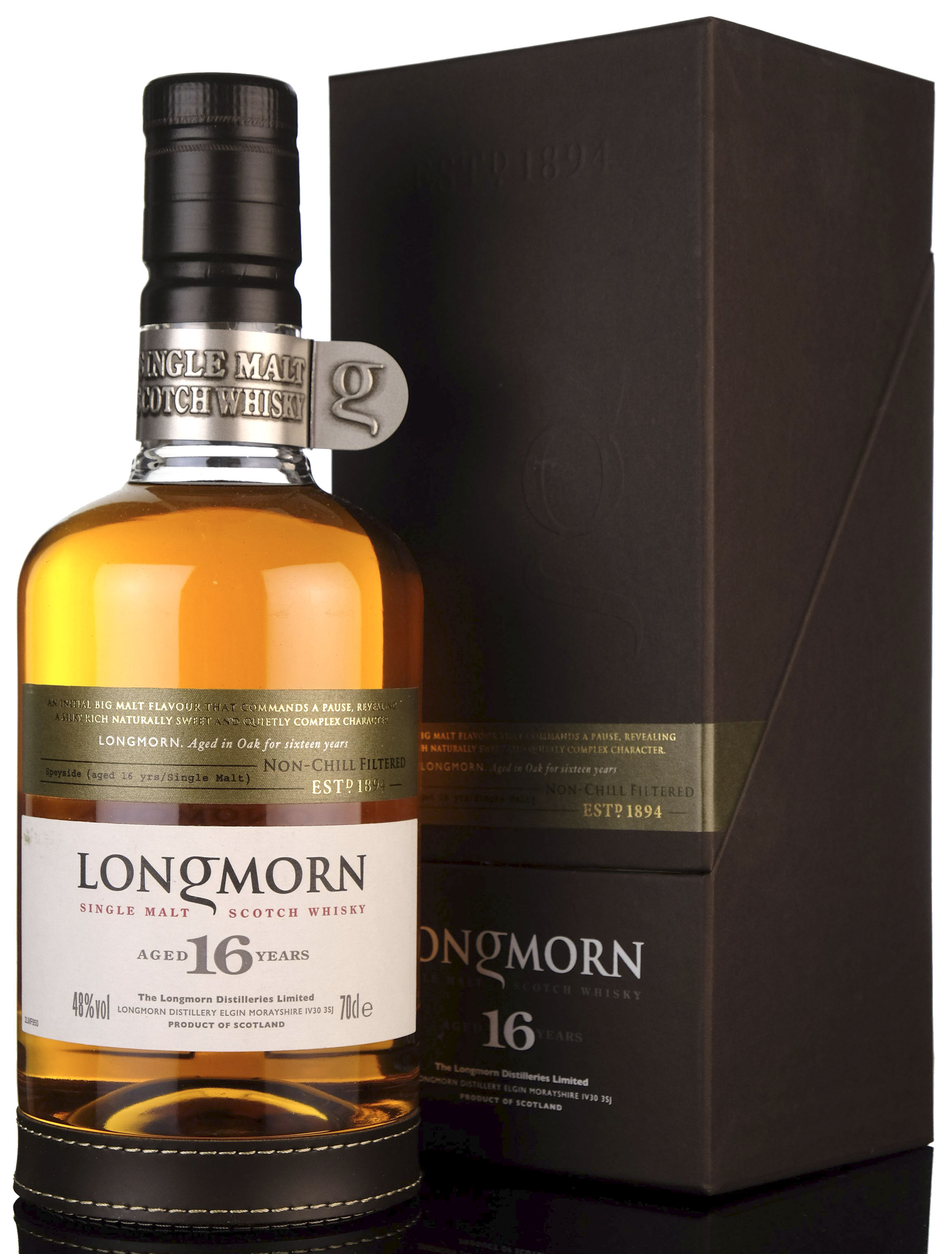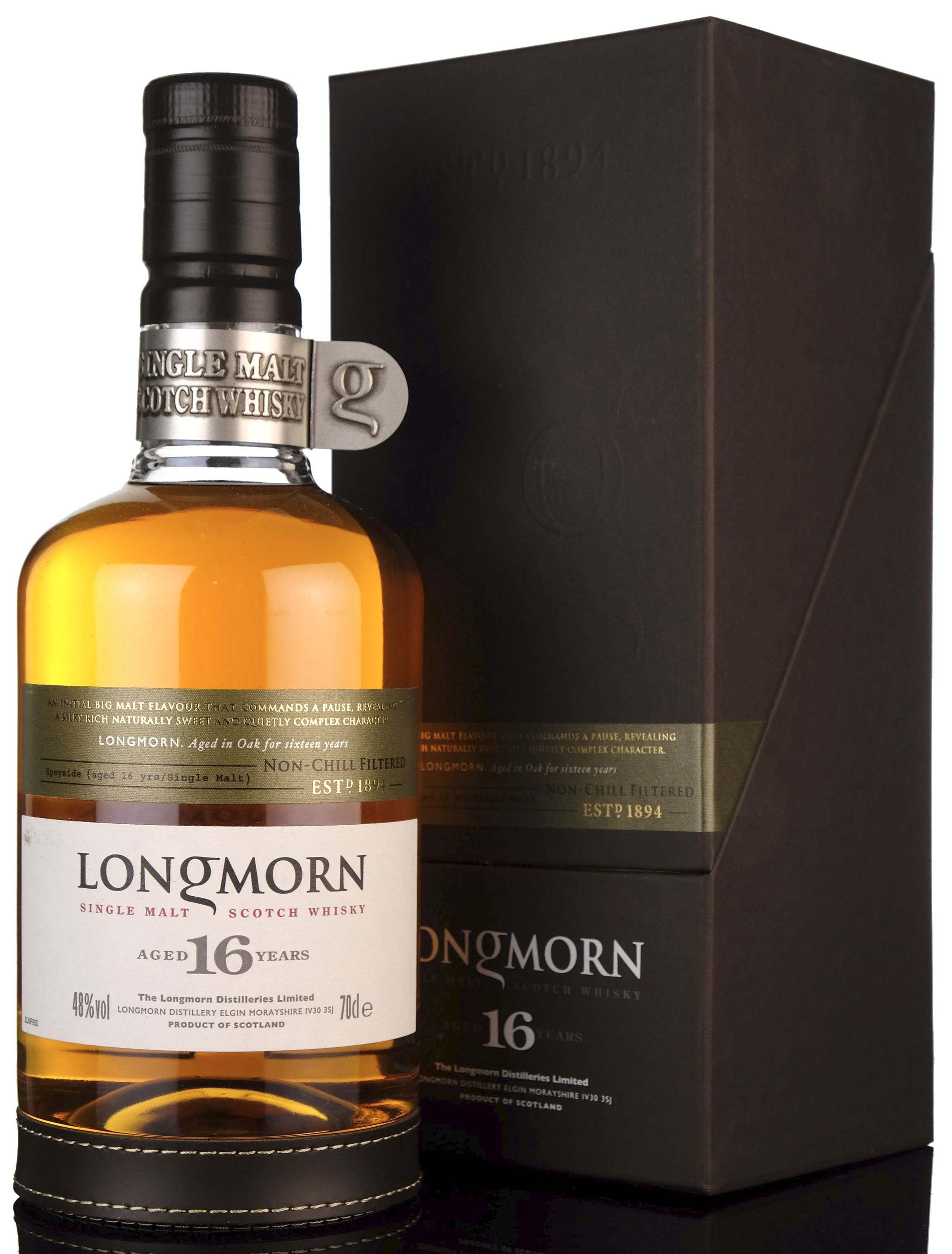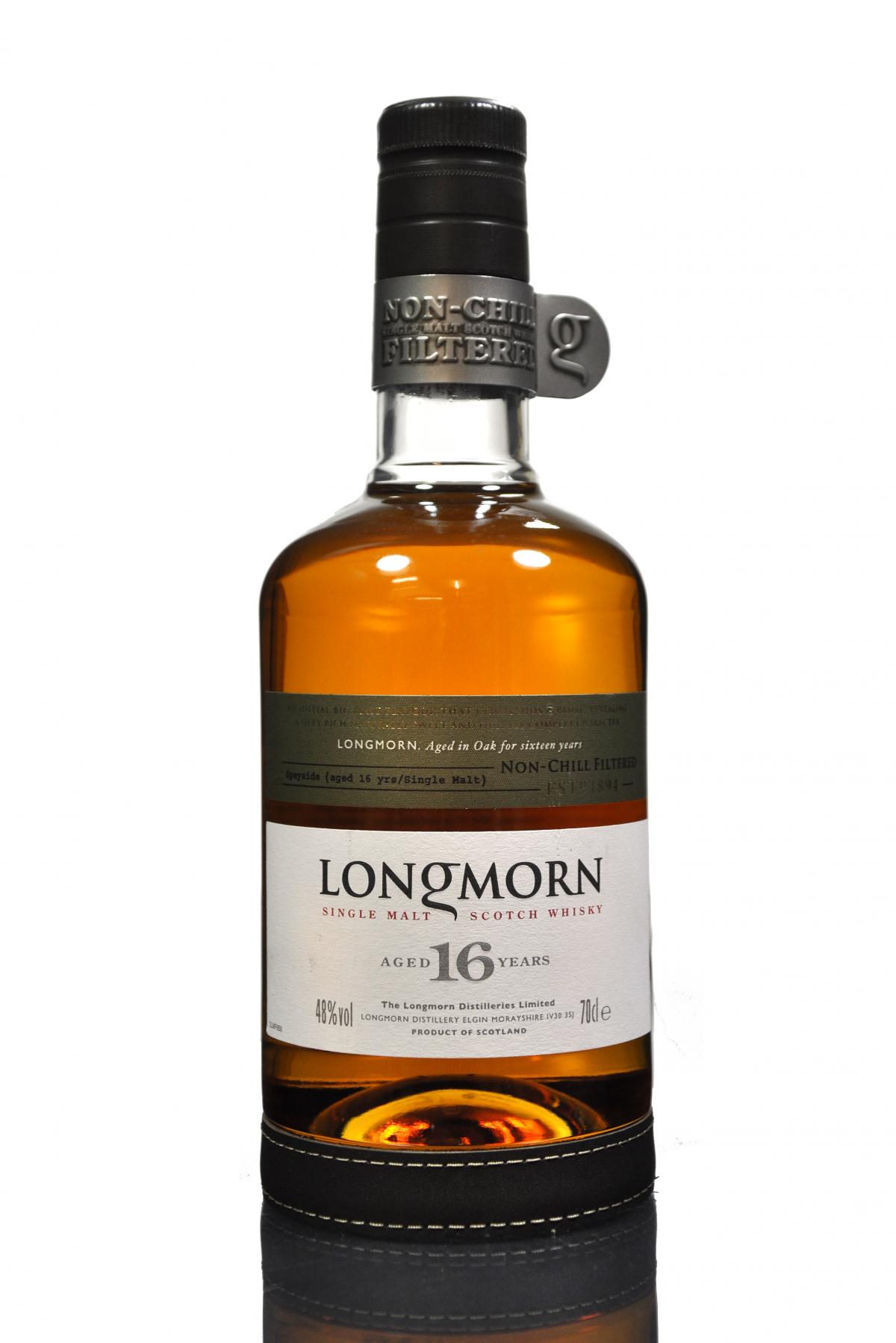Total Lots Sold:
23
View Lots
Do you have this bottle for sale?
SELL IT TODAYHAMMER PRICE OVER TIME
This graph displays data solely from Whisky-Online Auctions past sales history. Please note the filling level of the liquid and the condition of an item can affect the price negatively, so please check individual Lot sales below if there's a sudden dip in the graph.
HAVE ONE FOR SALE?
Submit your details along with an image and a description of your bottle. We'll then be in touch with the best way to proceed.
WHY SELL WITH WHISKY-ONLINE AUCTIONS?
0% Sellers Commission
Free Collections Available
Over 30 Years In The Whisky Industry
Over 1,700 Five Star Trustpilot Reviews
We Sell The Rarest Whiskies Ever Bottled
Global Buying Audience Including Far East Buyers
Bespoke Auction Platform
Thousands Of Active Bidders
Large Database Of Newsletter Subscribers
Over 36k Social Media Followers
Longmorn 16 Year Old
Longmorn 16 Year Old. 70cl. 48%.
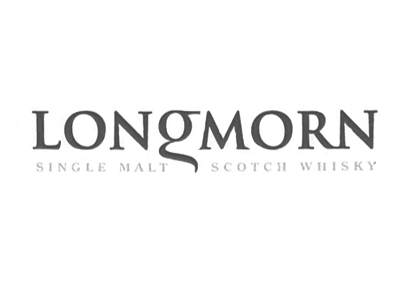
One of the greatest Speyside distilleries, Longmorn was founded in 1894 and today is one of the shiniest stars in owner Pernod Ricard’s Chivas Brothers portfolio of whisky distilleries. Although official bottlings are thin on the ground, Longmorn’s whisky was for many years bottled under license by Gordon & MacPhail, who have released a high proportion of the all-time classic Longmorns and still put out outstanding long-aged Longmorn today.
Longmorn’s whisky sparkles in both sherry and bourbon casks and is capable of withstanding extremely long maturation periods while still retaining (particularly in the older vintages) a superb old-school waxiness and the distillery’s trademark grapefruit and exotic fruit flavours, with the fruitiest examples coming from the mid-1970s and earlier. Older vintages also generally have more prominent threads of smoke and mineral notes among the honeyed fruit and chocolate biscuit flavours.
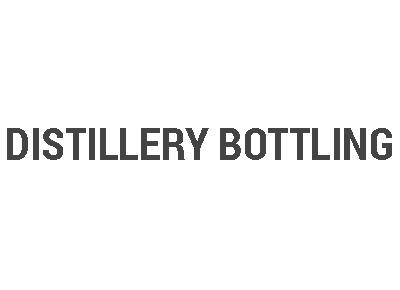
Distillery bottlings are, as the name suggests, bottled by or for the distillery from which the whisky has originated and are thus often referred to as Official Bottlings or OBs. Distillery bottlings are generally more desirable for collectors and usually fetch higher prices at auction than independent bottlings. They are officially-endorsed versions of the whisky from a particular distillery and are therefore considered the truest expression of the distillery’s character.
This ideal of the distillery character is regarded so seriously by the distilleries and brand owners that casks of whisky that are considered to vary too far from the archetype are frequently sold on to whisky brokers and independent bottlers. When this happens, it is often with the proviso that the distillery’s name is not allowed to be used when the cask is bottled for fear of diminishing or damaging the distillery’s character and status.


